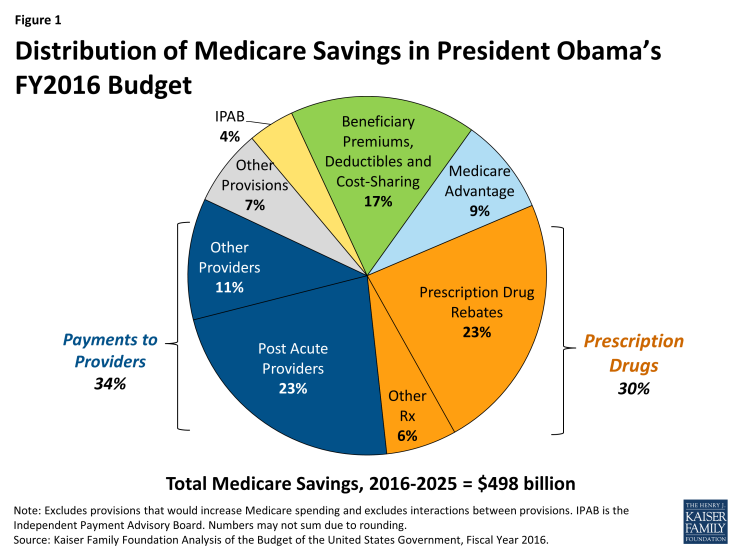Recently, the National Association for Home Care and Hospice (NAHC) has been exceedingly vocal regarding the sweeping changes in Medicare and Medicaid regulations set forth by the white house. In the past month or two, they made their voice heard regarding their opposition to the minimum wage and overtime protections proposed for home health employees, citing best interests of home and health care management.
This month they published a press release in response to the President’s 2016 budget proposal for health care. The proposal contains home health copayments for Medicare beneficiaries and also cuts to post-acute service reimbursements for the next decade and would ultimately reduce home health services reimbursements by over $15 billion.
“Essential home health services are at risk,” said NAHC President Val J. Halamandaris. “Previously enacted changes will cut Medicare spending on home health services by more than $100 billion over ten years — while less than $20 billion is spent each year. As a result of these cuts, Medicare will pay home health agencies less than their costs, meaning that 56 percent of all Medicare home health agencies will be under water by 2017. Congress should therefore reject any additional cuts and any home health copay whether the reason is postponement or elimination of scheduled cuts in physician fees or deficit reduction.”
The President’s budget estimates that a home health copay would reduce Medicare spending by $830 million through 2025. “Studies have demonstrated that the opposite is true,” said Halamandaris. “A home health copay will take Medicare spending in the wrong direction – forcing patients out of high-quality, cost-effective care into much more costly care settings such as hospital, ER and assisted living-based treatment.”
The budget proposal includes a reduction each year in the Market Basket Index (inflation) updates for all post-acute providers from 2016 through 2025, including a 1.1 percentage point reduction for home health care. The proposed update cuts would reduce home health reimbursements by a total of over $15 billion. If they take effect, these payment reductions would be in addition to the rebasing of home health, home health productivity adjustments, and sequestration that lower payment rates by over 14 percent starting in 2015.
“These proposals from the President are essentially repeats from last year’s budget,” Halamandaris pointed out. “Congress refused to enact these suggestions last year and we hope for the same response to this year’s budget. Medicare reforms should never be funded by making indiscriminate across-the-board cuts to home health care or by shifting costs to our most vulnerable citizens through copays.”
The cumulative effect of billions in home health cuts has been to push thousands of providers to the point of bankruptcy — limiting patients’ access to home care and forcing them into costlier care options. Yet the need for home care will only increase as the 78 million baby boomers turn 65 at the rate of 10,000 per day for the next 19 years. Home care is the option that the vast majority of boomers will demand because it helps patients stay independent and keeps families together. Home care is also far more cost-effective for Medicare than institutional options — saving the program tens of billions of dollars every year.




